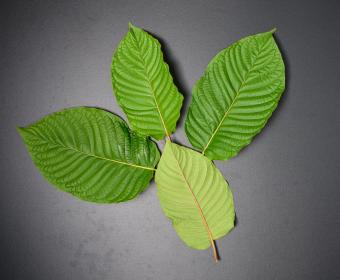
Addiction occurs when someone uses a substance or behavior compulsively to illicit a pleasurable neurological response that activates the reward system in the brain. They will engage in this action whether or not there are negative consequences impacting their career, relationships, health and wellbeing. Often times the use of the substance or behavior is triggered by stress, trauma and a lack of healthy coping skills or support.
Substance and Alcohol Addiction
The DSM V, a diagnostic tool used by doctors, therapists, psychiatrists and psychologists, has combined dependency disorders with addiction-based disorders and refers to them as substance use disorders, or alcohol use disorders. Instead of viewing dependency and addiction as separate entities, this new diagnosis views them as part of the same disorder on a spectrum from mild to severe.

Criteria for Use Disorders
Some substances that qualify for a use disorder include alcohol, cannabis, hallucinogens, opioids, inhalants, hypnotics, stimulants, sedatives, and tobacco. The criteria for a substance or alcohol use disorder includes:
- Cravings to take the substance
- Use of the substance despite negative social consequences
- Unable to stop using the substance despite wanting to
- Having an increased tolerance over time
- Experiencing withdrawal symptoms
- Giving up activities that used to be important to you
- Using despite knowing that the substance is causing harm to you physically and/or psychologically
Addictive Disorders
As of now gambling disorder is the only addictive disorder included in the DSM V, but internet gaming disorder is being reviewed as a potential addition to the addictive disorders section. To qualify for a gambling disorder a person must experience distress related to gambling with an inability to cut back despite wanting to. This disorder is very similar in terms of criteria as the use disorders despite the fact that nothing is being ingested.
Diagnosing Disorders
About one in 10 Americans struggle with substance addiction, and of those about 80 percent are also using alcohol. When someone is diagnosed with more than one addiction or disorder, it is called a comorbid diagnosis. Of those who struggle with addiction, about half also have a comorbid disorder such as a depressive disorder, an anxiety disorder or a trauma related disorder.
A trained professional can rule out and diagnose disorders based on criteria set forth by the DSM V. During the intake process they will ask questions related to the frequency, severity and duration of the addictive behavior or substance use.
Treatment
There are many types of treatment that can assist someone who is experiencing an addiction.

Evaluating Options
Depending on they type of addiction, a specialized facility, staff and support group may be used during treatment. Some individuals may also need to go through a detox program, or may want to stick to non-professionally run support groups such as Alcoholics Anonymous or Narcotics Anonymous.
Match Treatment to Severity
Because addiction is on a spectrum from mild to severe, the type of treatment an individual receives should be similarly matched, from outpatient to intensive inpatient. If you are unsure how severe your addiction is, a professional can help diagnose you and provide resources for treatment.
Understanding Addiction
If you or a loved one is experiencing symptoms of addiction, take some time to explore the myriad of options available. There are incredible resources for nearly all types of addiction.







